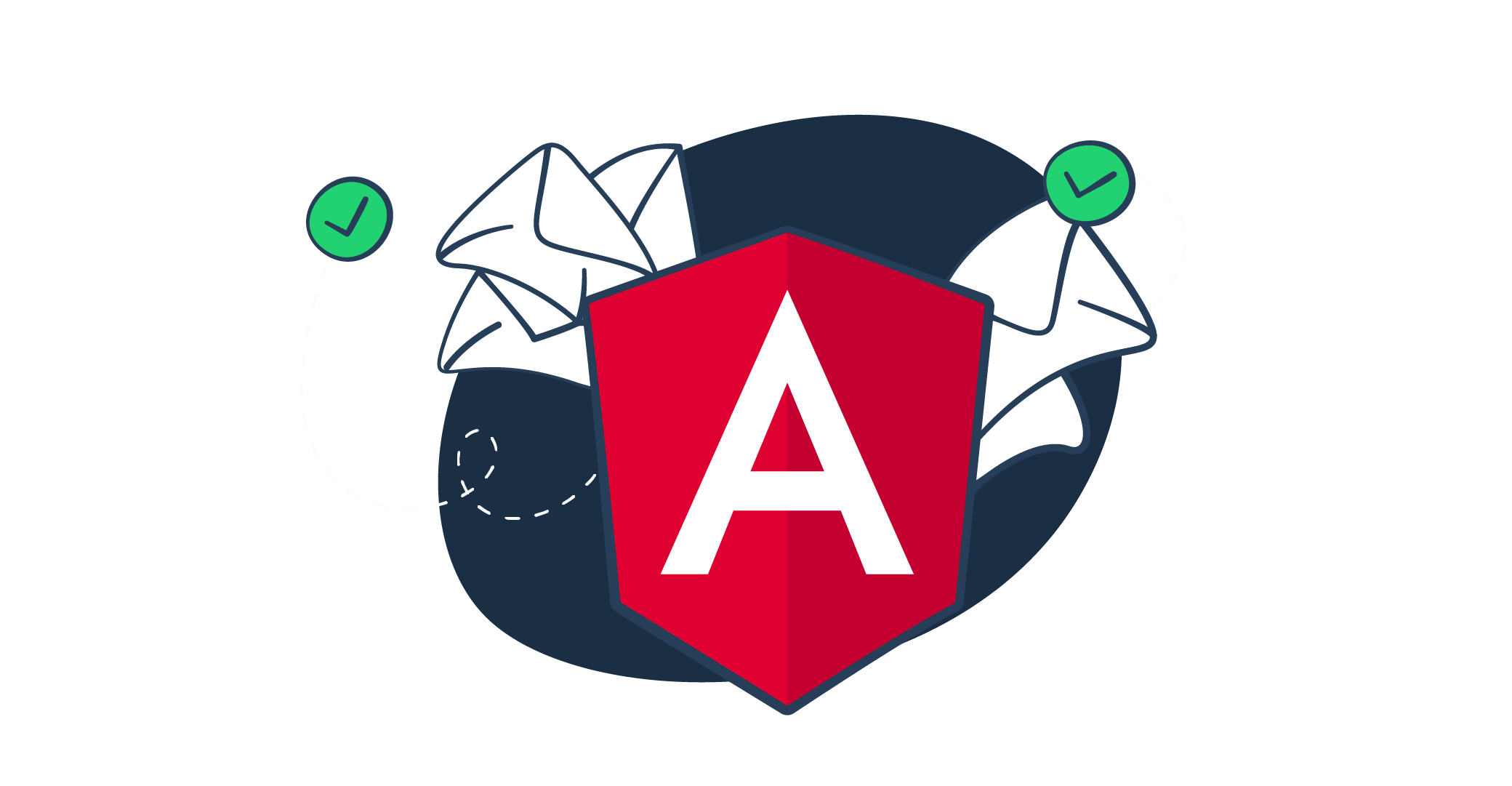Angular 12, the latest iteration of the popular JavaScript framework, continues to empower developers with robust tools for creating dynamic web applications. Among its many features, Angular 12 offers enhanced email validation capabilities, crucial for ensuring data accuracy in web forms. As an expert in web development and Angular, I'll guide you through the ins and outs of email validation in Angular 12. In this comprehensive guide, you'll learn essential techniques, best practices, and see real-world examples to master email validation in your Angular 12 projects.
Why Email Validation Matters in Angular 12
Email validation is a fundamental aspect of web forms and data integrity. Here's why it's essential in Angular 12:
Data Accuracy: Validating email addresses ensures that the data your application collects is accurate and useful.
User Experience: Well-implemented validation provides instant feedback to users, enhancing their experience.
Security: Validating email addresses helps prevent spam and unauthorized access to your application.
Now, let's explore the best practices for implementing email validation in Angular 12.
Best Practices for Email Validation in Angular 12
Use Reactive Forms: Angular's Reactive Forms provide a powerful way to handle form validation, including email validation.
Validators.email: Angular provides a built-in validator called Validators.email for basic email format validation.
Custom Validators: For more advanced email validation, consider creating custom validators tailored to your specific requirements.
Error Messages: Craft clear and user-friendly error messages that guide users in correcting their input.
HTML5 Attributes: Leverage HTML5 attributes like type="email" and pattern to enhance client-side validation.
Async Validation: For more complex scenarios, you can implement asynchronous validation.
Basic Email Validation in Angular 12
Let's walk through a basic example of email validation in Angular 12 using Reactive Forms:
import { Component } from '@angular/core';
import { FormBuilder, FormGroup, Validators } from '@angular/forms';
@Component({
selector: 'app-email-validation',
templateUrl: './email-validation.component.html',
})
export class EmailValidationComponent {
emailForm: FormGroup;
constructor(private fb: FormBuilder) {
this.emailForm = this.fb.group({
email: ['', [Validators.required, Validators.email]],
});
}
}
In this example, we create a form with an email field and apply both the Validators.required and Validators.email validators to ensure the field is not empty and contains a valid email address.
Custom Email Validation in Angular 12
For more complex validation scenarios, you can create custom validators. Here's an example of a custom validator that checks if an email domain is from a specific whitelist:
import { AbstractControl, ValidatorFn } from '@angular/forms';
export function domainValidator(allowedDomain: string): ValidatorFn {
return (control: AbstractControl): { [key: string]: any } | null => {
const email = control.value as string;
if (!email) return null;
const domain = email.substring(email.lastIndexOf('@') + 1);
if (domain === allowedDomain) return null;
return { invalidDomain: true };
};
}
You can then use this custom validator in your form:
this.emailForm = this.fb.group({
email: ['', [Validators.required, Validators.email, domainValidator('example.com')]],
});
Common Email Validation Questions in Angular 12
How do I create a custom email validator in Angular 12?
- You can create custom validators using Angular's
ValidatorFnfunction.
Can I perform asynchronous email validation in Angular 12?
- Yes, you can implement asynchronous validation by returning an observable in your custom validator.
What's the difference between client-side and server-side email validation?
- Client-side validation occurs in the user's browser and provides instant feedback. Server-side validation is performed on the server and is essential for security and data integrity.
Are there any recommended libraries or plugins for email validation in Angular 12?
- While Angular provides built-in validation tools, you can also explore third-party libraries for advanced validation scenarios.
Conclusion: Elevate Your Angular 12 Forms with Email Validation
Email validation is a fundamental aspect of data integrity and user experience in web applications. With Angular 12's powerful tools and best practices, you can implement robust email validation to ensure accurate data collection and enhance user satisfaction. Whether you're building a simple contact form or a complex registration system, mastering email validation in Angular 12 is a crucial step towards building reliable and user-friendly web applications.



